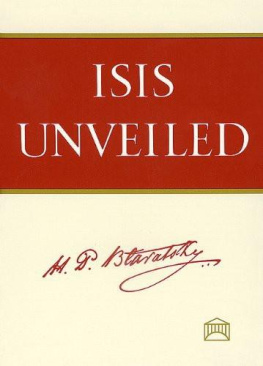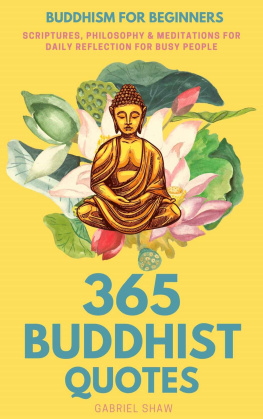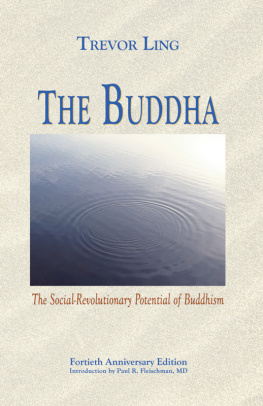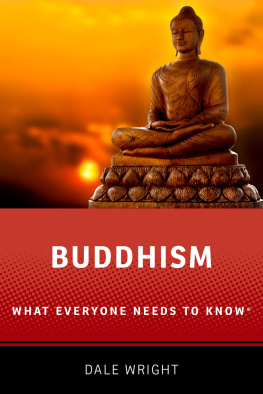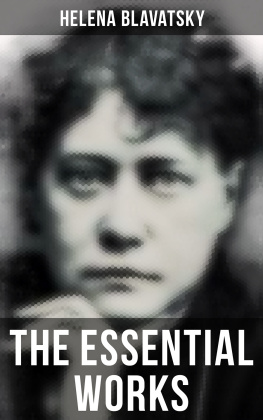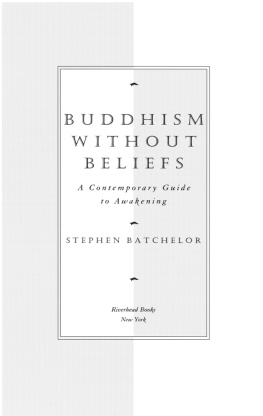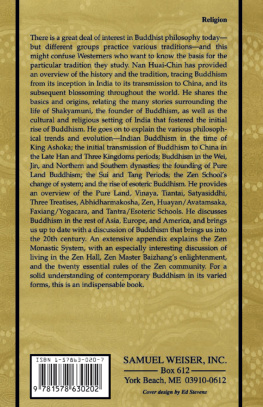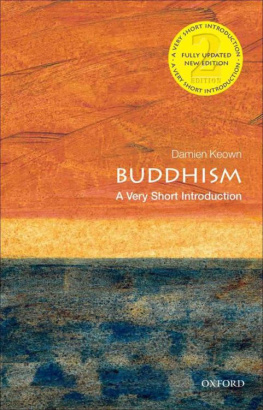The Secret Doctrine
The Synthesis of Science, Religion, and Philosophy
By Helena Petrovna Blavatsky
Author of Isis Unveiled.
Third and Revised Edition.
SATYT NSTI PARO DHARMAH.
There is no Religion higher than Truth.
Volume I.
Cosmogenesis
This Work
I Dedicate to all True Theosophists, In every Country, And of every Race, For they called it forth, and for them it was recorded.
Preface To The First Edition.
The authorthe writer, ratherfeels it necessary to apologize for the long delay which has occurred in the appearance of this work. It has been occasioned by ill-health and the magnitude of the undertaking. Even the two volumes now issued do not complete the scheme, nor do these treat exhaustively of the subjects dealt with in them. A large quantity of material has already been prepared, dealing with the history of Occultism as contained in the lives of the great Adepts of the ryan Race, and showing the bearing of Occult Philosophy upon the conduct of life, as it is and as it ought to be. Should the present volumes meet with a favourable reception, no effort will be spared to carry out the scheme of the work in its entirety.
This scheme, it must be added, was not in contemplation when the preparation of the work was first announced. As originally announced, it was intended that The Secret Doctrine should be an amended and enlarged version of Isis Unveiled. It was, however, soon found that the explanations which could be added to those already put before the world, in the last-named and other works dealing with Esoteric Science, were such as to require a different method of treatment; and consequently the present volumes do not contain, in all, twenty pages extracted from Isis Unveiled.
The author does not feel it necessary to ask the indulgence of her readers and critics for the many defects of literary style, and the imperfect English which may be found in these pages. She is a foreigner, and her knowledge of the language was acquired late in life. The English tongue is employed because it offers the most widely-diffused medium for conveying the truths which it had become her duty to place before the world.
These truths are in no sense put forward as a revelation ; nor does the author claim the position of a revealer of mystic lore, now made public for the first time in the world's history. For what is contained in this work is to be found scattered throughout thousands of volumes embodying the Scriptures of the great Asiatic and early European religions, hidden under glyph and symbol, and hitherto left unnoticed because of this veil. What is now attempted is to gather the oldest tenets together and to make of them one harmonious and unbroken whole. The sole advantage which the writer has over her predecessors, is that she need not resort to personal speculations and theories. For this work is a partial statement of what she herself has been taught by more advanced students, supplemented, in a few details only, by the results of her own study and observation. The publication of many of the facts herein stated has been rendered necessary by the wild and fanciful speculations in which many Theosophists and students of Mysticism have indulged, during the last few years, in their endeavour, as they imagined, to work out a complete system of thought from the few facts previously communicated to them.
It is needless to explain that this book is not the Secret Doctrine in its entirety, but a select number of fragments of its fundamental tenets, special attention being paid to some facts which have been seized upon by various writers, and distorted out of all resemblance to the truth.
But it is perhaps desirable to state unequivocally that the teachings, however fragmentary and incomplete, contained in these volumes, do not belong to the Hind, the Zoroastrian, the Chaldan, or the Egyptian religion, nor to Buddhism, Islam, Judaism or Christianity exclusively. The Secret Doctrine is the essence of all these. Sprung from it in their origins, the various religious schemes are now made to merge back into their original element, out of which every mystery and dogma has grown, developed, and become materialized.
It is more than probable that the book will be regarded by a large section of the public as a romance of the wildest kind; for who has ever even heard of the Book of Dzyan?
The writer, therefore, is fully prepared to take all the responsibility for what is contained in this work, and even to face the charge of having invented the whole of it. That it has many shortcomings she is fully aware; all that she claims for it is that, romantic as it may seem to many, its logical coherence and consistency entitle this new Genesis to rank, at any rate, on a level with the working hypotheses so freely accepted by Modern Science. Further, it claims consideration, not by reason of any appeal to dogmatic authority, but because it closely adheres to Nature, and follows the laws of uniformity and analogy.
The aim of this work may be thus stated: to show that Nature is not a fortuitous concurrence of atoms, and to assign to man his rightful place in the scheme of the Universe; to rescue from degradation the archaic truths which are the basis of all religions; to uncover, to some extent, the fundamental unity from which they all spring; finally, to show that the Occult side of Nature has never been approached by the Science of modern civilization.
If this is in any degree accomplished, the writer is content. It is written in the service of humanity, and by humanity and the future generations it must be judged. Its author recognizes no inferior court of appeal. Abuse she is accustomed to; calumny she is daily acquainted with; at slander she smiles in silent contempt.
De minimis non curat lex.
H. P. B.
London, October, 1888.
Preface To The Third And Revised Edition.
In preparing this edition for the press, we have striven to correct minor points of detail in literary form, without touching at all more important matters. Had H. P. Blavatsky lived to issue the new edition, she would doubtless have corrected and enlarged it to a very considerable extent. That this is not done is one of the many minor losses caused by the one great loss.
Awkward phrases, due to imperfect knowledge of English, have been corrected; most of the quotations have been verified, and exact references givena work involving great labour, as the references in the previous editions were often very loose; a uniform system of transliteration for Sanskrit words has been adopted. Rejecting the form most favoured by Western Orientalists as being misleading to the general readerwe have given to the consonants not present in our English alphabet combinations that approximately express their sound-values, and we have carefully inserted quantities, wherever they occur, on the vowels. In a few instances we have incorporated notes in the text, but this has been very sparingly done, and only when they obviously formed part of it.
We have added a copious Index for the assistance of students, and have bound it separately, so that reference to it may be facilitated. For the great labour in this we, and all students, are the debtors of Mr. A. J. Faulding.
Annie Besant.
G. R. S. Mead.
London, 1893.
Introductory.
Gently to hear, kindly to judge.
Shakespeare.
Since the appearance of Theosophical literature in England, it has become customary to call its teachings Esoteric Buddhism. And, having become a habitas an old proverb based on daily experience has itError runs down an inclined plane, while Truth has to laboriously climb its way up hill.


